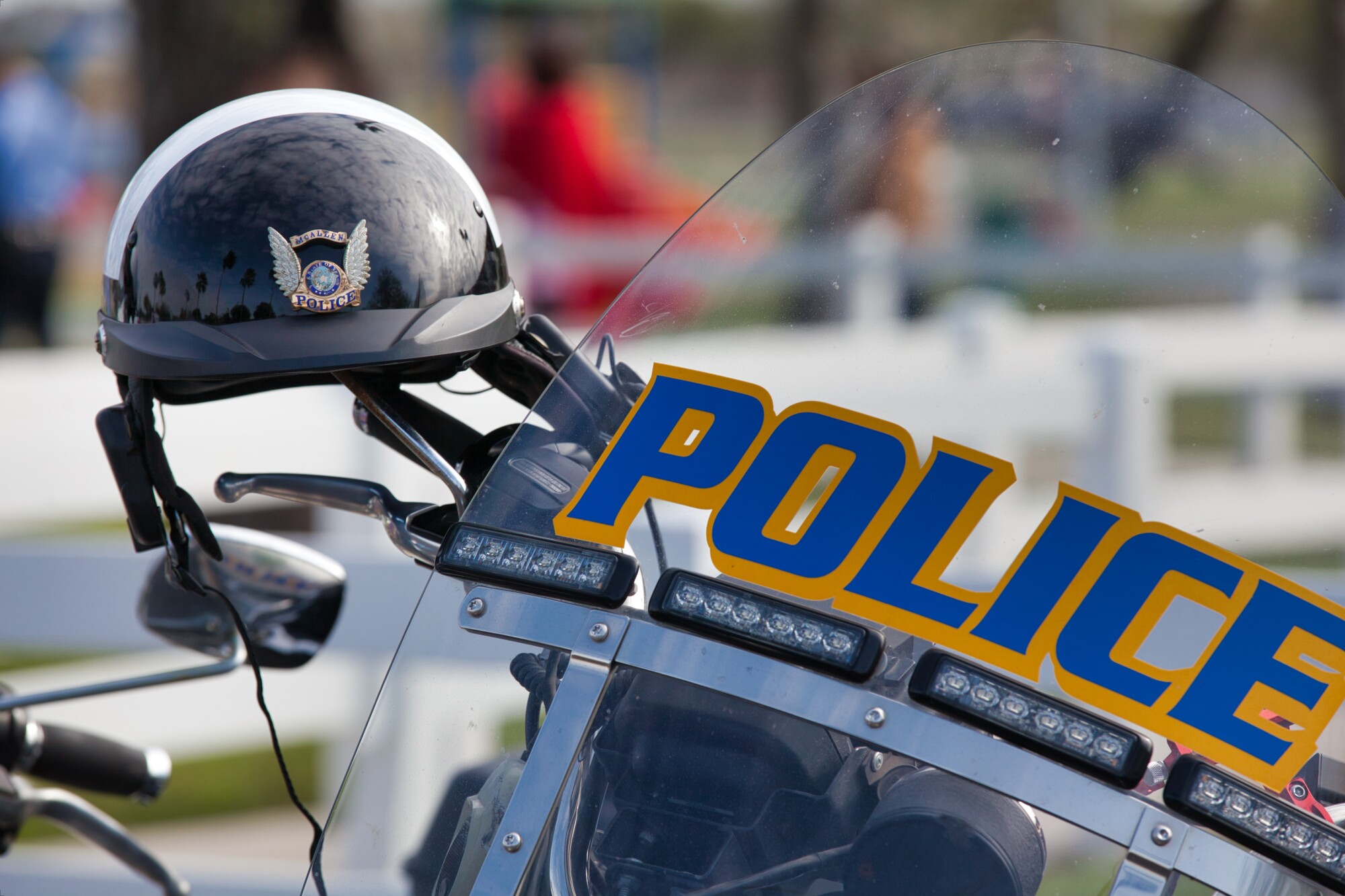
Criminal Justice 101: A Crash Course in Police Psychology
Did you know that there are about 6,527 state police working in the US?
Becoming a police officer is not an easy task. Before you can become a peace officer, you have to accomplish many tasks.
If you’re already part of the police force, your job is not over. Peace officers must constantly stay on their game through continuing education courses.
What is police psychology? Here are a few police psychology topics that every police officer needs to know.
Role of Police Psychology
Police psychology is a profession within the criminal justice system. It has become increasingly important. This field of psychology has a unique role in the criminal justice system. It can be crucial for police officers and even victims of crime.
Police psychology is an essential field within the criminal justice system. It plays a significant role in ensuring a safe and healthy law enforcement community. They also provide much-needed support and insights regarding addressing victims of crime.
Adopting Healthy Strategies in Police Psychology
Adopting healthy strategies in police psychology is important. The goal is to promote well-being in all aspects of the police officer, including:
- physical
- emotional
- mental
The nature of police work often leads to higher rates of stress and burnout. The adoption of healthy strategies can help minimize these risks. Healthy strategies can help officers better cope with their demanding roles as law enforcement personnel, such as:
- collective wellness training
- mindfulness techniques
- integrative techniques
The goal is to include expanded psychological care for police officers such as:
- peer support groups
- access to counseling
- treatment for mental health issues
- proactive mental health education
These strategies can help mitigate the mental and emotional toll of police work, promote resilience, and support recovery from traumatic events. Adopting healthy strategies in police psychology can have a lasting impact on officer well-being and performance.
Mentorship and Self-Care for Police Psychology
Mentorship guides those embarking on a criminal justice career. Mentors will explain the sometimes-complex structure, such as the following:
- Roles of prosecutors
- Defense attorneys
- Judges
Individuals must know the laws and processes in place. Mentorship also allows individuals to benefit from the experience of someone.
Moreover, self-care is also essential for those in the field of criminal justice. Individuals need to step back and practice self-care during times of high stress. Those in the criminal justice field can develop the skills to succeed.
Understanding Biases
Biases are presupposed beliefs and attitudes that influence an individual’s thoughts or acts. This can also include stereotyping. It is when somebody attributes specific characteristics to a group.
Students in criminal justice must understand biases and stereotypes. This can lead to unjust treatment and wrongful outcomes. Students should recognize and try to understand all perspectives.
Recognizing and responding to potential biases can result in more equitable justice outcomes. They have a stronger sense of fairness in the criminal justice system. That is why it is also important for the police to undergo implicit bias awareness training.
Understanding Police Psychology
With knowledge of the many roles police psychology plays which can play in the investigation and prosecution of criminal behavior. Develop skills for when you venture into the challenging and often complex world of criminal justice.
For more helpful tips, check out our site today.
